What does yin represent, analyzing this we can describe, Yin as a spiritual concept that holds a great place in Chinese philosophy and culture. Yin spiritual meaning is often associated with passivity, femininity, and acceptance, and is considered to be the contrasting force to Yang, which represents masculine energy. In this article, we will explore the core essence of Yin and its spiritual significance.
We will investigate how Yin is woven into different aspects of Chinese life, art, and philosophy in a complex manner. Furthermore, we will look into the festival traditions that pay homage to Yin and its role in practices such as traditional Chinese medicine. Join us on a captivating journey into the world of Yin!
What does Yin represent? Yin represents the feminine, passive, dark, and cold aspects of the universe according to Chinese philosophy. It is often associated or deeply connected with qualities such as receptivity, intuition, introspection, and stillness, forming a complementary balance with its counterpart, Yang, in the concept of dualism found in Chinese philosophy.
- Understanding The Essence Of Yin: What Does Yin Represent?
- Spiritual Meaning Of Yin Yang
- What Does Yin-Yang Mean?
- Yin As The Feminine Energy And Counterpart To Yang
- Explore The Cultural And Symbolic Representations Of Yin In China
- Religious Overview And Representations Of Yin Yang
- The Concept Of Yin In Traditional Chinese Philosophy
- The Characteristics And Qualities Associated With Yin
- Yin As The Passive And Receptive Force In Nature And The Universe
- Discuss How Yin Is Linked To Various Aspects Of Chinese Life, Art, And Philosophy
- The Significance Of Understanding Yin In Holistic Practices Such As Traditional Chinese Medicine
- FAQ About What Does Yin Represent
- Final Thought 💭
Understanding The Essence Of Yin: What Does Yin Represent?
Yin represents the feminine energy, darkness, and passive forces in the universe. It symbolizes introspection, rest, and the winter solstice. This symbol is the counterpart to yang, illustrating the concept of balance and complementary forces.
It embodies stillness, and receptivity, and is often depicted by the yin yang symbol. Also, yin holds significance in traditional Chinese medicine, martial arts, and feng shui practices.
What Does Yin Yang Represent?
The yin yang symbol represents the balance of opposing forces in the universe. It signifies the concept of duality and complementary opposites.
Yin symbolizes darkness, while yang represents brightness. This ancient Chinese symbol is associated with balance, harmony, and the interaction of yin and yang energies.
What Does Yin Represent Spiritually?
Yin symbolizes the dominance of darkness and ancient philosophy. In ancient China and Chinese religion, yin embodies the concept of balance in yin yang. Moreover, it is associated with mental health, meditation, and overall wellness of mind, body, and spirit.
Spiritual Meaning Of Yin Yang
The spiritual meaning of ying yang holds deep importance in ancient Chinese mythology and philosophy. It represents the balance of yin and yang forces, embodying the concept of duality and complementary opposites.
Associated with tai chi and meditation, this symbol reflects the timeless idea of balance found in ancient philosophies. The yin yang symbol serves as a representation of the yin yang concept.
Emphasizing the harmonious interplay of opposing forces and the unity they create. Its meaning is associated with the harmony of complementary energies and the balance they bring to our lives.
Yin Spiritual Meaning
Yin embodies a profound spiritual meaning within the framework of yin yang and its iconic symbol.
It represents stillness, introspection, and the contracting nature of yin in ancient philosophy. The yin yang symbol portrays yin through small dots, broken lines, and the dominance of darkness.
In ancient Chinese mythology, as well as practices like tai chi and meditation, yin holds significant spiritual significance for nurturing the mind, body, and spirit.
More so, it symbolizes mental health, balance, and gratitude within the yin yang symbol and ancient philosophical teachings.
What Does Yin-Yang Mean?
Yin-yang represents the balance and harmony of opposite forces in ancient Chinese philosophy. It symbolizes the duality and complementary nature of the universe, with yin representing darkness and yang representing brightness.
The yin-yang symbol embodies the idea of balance and the interplay between yin and yang forces in life.
Yin Yang Meaning In Life
The Yin yang meaning in life represents the balance and harmony of opposite forces, reflecting the concept of duality and the yin yang symbol. This ancient philosophical concept emphasizes the importance of finding equilibrium in various aspects of life.
Yin yang meaning in life is associated with astrology, divination, yoga, meditation, and the pursuit of balance. It symbolizes brightness, imbalance, dominance, and the harmonious interplay of opposite forces.
The yin yang forces, symbols, and the concept of duality are all interconnected in understanding the profound meaning of yin yang in life.
Yin Yang Meaning In Love
Yin yang meaning in love embodies the balance and harmony of opposite forces. It symbolizes the idea of gratitude, wellness, and the concept of brightness. In relationships, it represents the balance between power and imbalance.
The yin yang forces, represented by its symbol, signify the significance of doubleness and complementary opposites in the context of love.
This ancient philosophy traces back to the 3rd century BCE with influential figures like Lao Tzu and Confucius. Yin yang meaning in love mirrors the principles of balance of yin yang forces in harmonious relationships.
Yin Yang Meaning In Friendship
In friendship, the yin yang symbolizes the balance of opposing forces and the concept of duality. It represents harmony, gratitude, and the wellness of relationships.
The brightness, and imbalance, associated with the forces are reflected in friendships. This ancient philosophy, dating back to the 3rd century BCE, emphasizes the importance of balance and complementary opposites.
Lao Tzu and Confucius, influential figures in Chinese culture, recognized the significance of yin and yang in fostering harmonious friendships.
Yin Yang Meaning Balance
The concept of yin yang meaning balance symbolizes the harmony and equilibrium between the yin and yang forces. It represents the idea of duality and complementary opposites in spirituality.
The yin yang symbol embodies this concept of balance, highlighting the interplay between brightness, imbalance, dominance, and the equilibrium of yin yang forces.
Yin yang meaning balance holds significance in various aspects of life, including spirituality, philosophy, and Chinese culture. It is a representation of the interconnectedness and harmony of opposite forces in the pursuit of balance.
Yin As The Feminine Energy And Counterpart To Yang
Yin represents the feminine energy in the yin yang concept, symbolizing the complementary forces to yang. The concept of yin yang emphasizes the balance of these energies. Yin is associated with qualities like darkness, receptiveness, and intuition.
It is a vital aspect of the yin yang philosophy, representing the opposite of yang. In spirituality, yin is often seen as the passive and receptive force, complementing the active and assertive nature of yang.
Understanding the role of yin in spirituality helps us welcome the harmonious balance of these opposing energies.
Explore The Cultural And Symbolic Representations Of Yin In China
The yin-yang symbol represents the balance between yin and yang forces, with yin represented by the black dot. Originating in ancient China, the concept of yin yang carries deep cultural meaning. In China, yin is associated with qualities like awareness, intuition, and the passive force in nature.
Its symbolic representations can be seen in various aspects of Chinese culture, including art, philosophy, and religious practices.
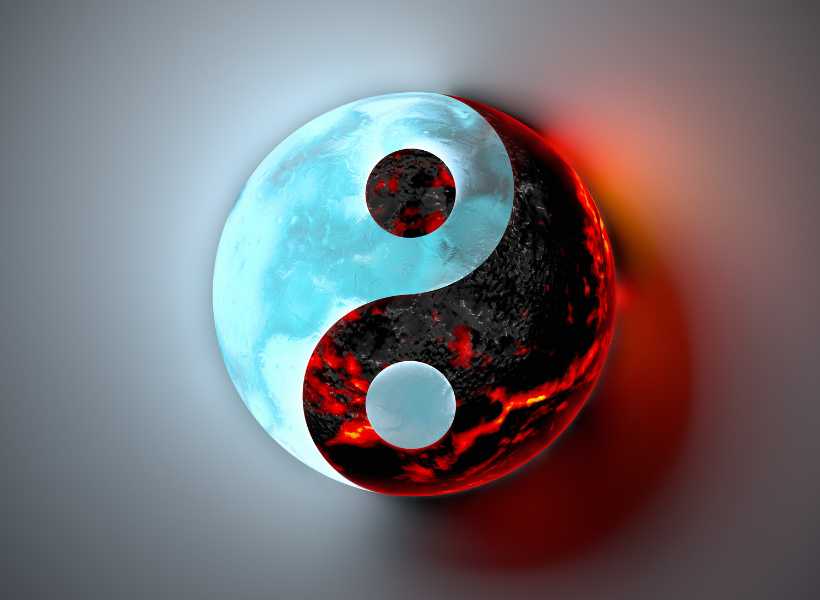

Yin Symbol And Origin
The yin-yang symbol, a black and white circle, represents the balance between yin and yang forces in spirituality. This symbol originated from the concept of complementary opposites in ancient Chinese philosophy.
Within the yang symbol, there is a small black dot symbolizing yin and the dominance of darkness. The yin-yang symbol has deep cultural significance and is associated with the idea of balance and harmony.
It is believed to have originated in China during the 3rd century BCE and continues to be recognized and respected worldwide.
How Yin Is Represented In Various Aspects Of Life And Culture
Yin is represented in traditional Chinese medicine as it symbolizes the yin contracts of the body. In the ancient book of changes, the I Ching, Yin is symbolized by the broken line. Martial arts like tai chi express Yin through the concept of balance and duality.
Ancient philosophy associates Yin with mental health, meditation, and finding balance. The yin-yang symbol represents the entirety of the universe, including Yin.
These various aspects of life and culture highlight the significance and representation of Yin.
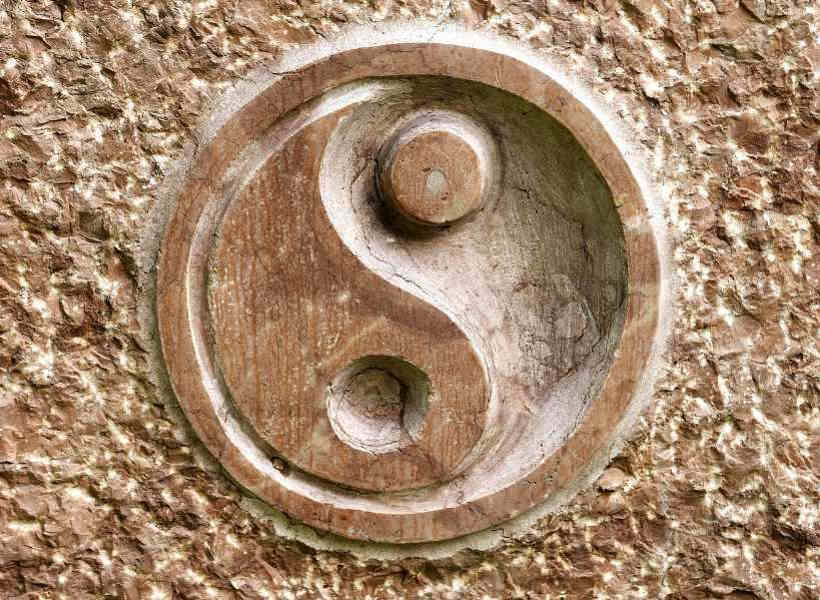
Religious Overview And Representations Of Yin Yang
Although Yin yang is not a religion itself, but does hold a religious connection to ancient Chinese religion. It is deeply intertwined with the balance of opposites in Taoism and Daoism.
Symbolizing the duality of the universe and the harmonious forces of yin and yang, the concept is often represented by the black and white dots, signifying darkness and brightness.
Divination and astrology, practices such as yoga and traditional Chinese medicine extensively utilize the yin-yang concept.
What Religion Is Yin?
Yin is not a religion, but it holds cultural, philosophical, and spiritual significance in ancient Chinese religion. It is represented by the black dot in the yin-yang symbol, representing the dominance of darkness.
What Does Yin Represent In Taoism?
In Taoism, Yin represents the feminine aspects, darkness, winter, and the moon. It signifies the opposing forces of Yang and emphasizes the balance between supportive forces in the universe.
Yin is associated with duality, balance, and the natural cycles of the universe in Taoist philosophy.
The Concept Of Yin In Traditional Chinese Philosophy
Yin holds great significance in traditional Chinese philosophy as it symbolizes the opposite forces of yang. Represented by darkness, femininity, winter, the moon, and the natural aspects of the universe, yin encompasses the compliant and passive elements of existence.
Achieving harmony, health, and balance in the universe hinges upon maintaining a delicate balance between yin and yang forces. The concept of yin also branches into various realms such as balance, duality, cosmology, and the fundamental principle of Tao.
Yin In Relation To Balance And Harmony In Chinese Tradition
In Chinese tradition, yin is thought to be the supportive force of yang, symbolizing balance and harmony. It represents the opposite forces of yang, highlighting the concept of doubleness and equilibrium in the universe.
The balance between yin and yang is crucial for health, well-being, and the overall balance of the natural world.
Yin is often associated with darkness, winter, the moon, and the intuitive aspects of the universe. Its harmonious connection with yang forces creates a sense of balance and harmony.
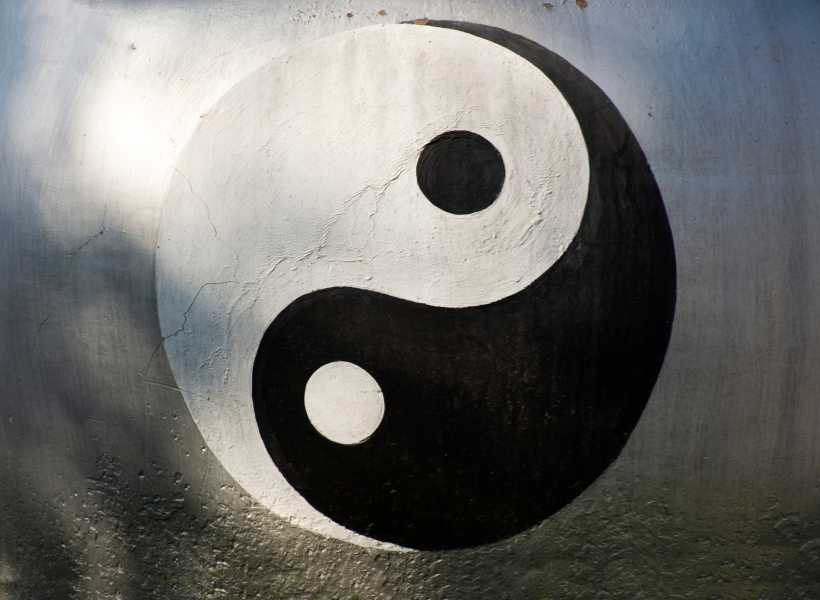
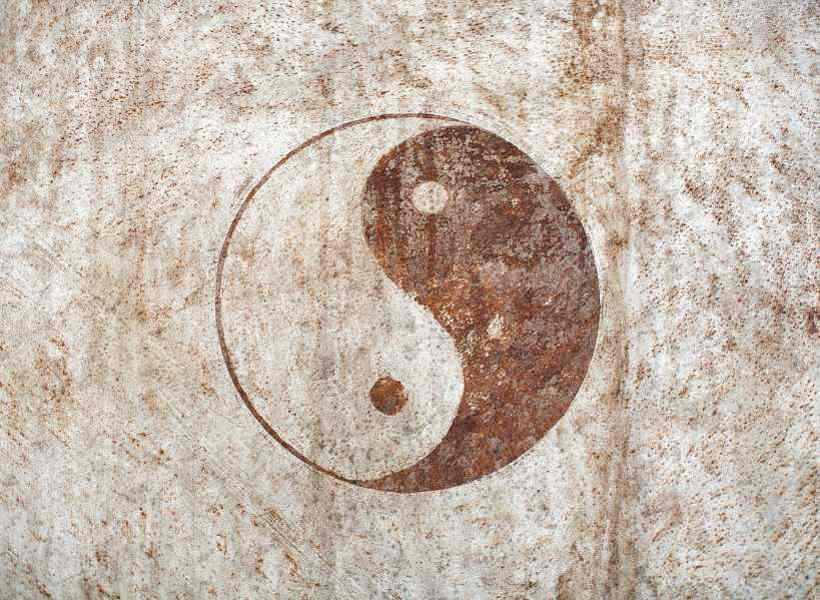
The Balance Between Yin And Yang In Chinese Philosophical Culture
In Chinese philosophical culture, the balance between yin and yang forces holds great importance. Yin symbolizes the opposite forces of yang, highlighting the concept of balance, duality, and complementary energies in the universe.
This balance is crucial for the well-being and harmony of individuals and the entire cosmos. Represented by a small circle and a straight line, yin and yang forces embody pairs of equal opposites in traditional Chinese philosophy.
Exploring The Duality Of Yin And Yang In Chinese Philosophy
In ancient Chinese philosophy, Yin symbolizes darkness, femininity, and the moon, while yang represents brightness, masculinity, and the sun. The yin-yang symbol, with small dots of yin in yang and yang in yin, signifies pairs of equal opposites.
This duality is the foundation of the entire universe, where yin contracts and yang expands. Lao Tzu and Confucius, influential philosophers from the 3rd century BCE, explored the importance of yin and yang in spiritual and philosophical teachings.
The Characteristics And Qualities Associated With Yin
Yin, the submissive force in nature and the universe encompasses various characteristics and qualities. It is often associated with darkness, cold, winter, and the peak of winter. The color orange, the broken line, and the tiger are all associated with yin.
Yin contracts, symbolized by the straight line, small circle, and small dots, representing mental health, imbalance, and gratitude. These characteristics and qualities provide a deeper understanding of the significance of yin in spirituality.
Examples Of Yin Qualities And Characteristics
While going through the concept of yin in spirituality, it becomes obvious that yin is associated with balance, meditation, wellness, gratitude, and mental health in traditional Chinese medicine.
It is also closely linked to the idea of the opposite forces of yin and yang, the concept of duality, and the cosmology of yin and yang.
Yin represents the dominance of darkness and is deeply interlaced with ancient Chinese philosophies such as Confucianism, Daoism, and Taoism.
Yin As The Passive And Receptive Force In Nature And The Universe
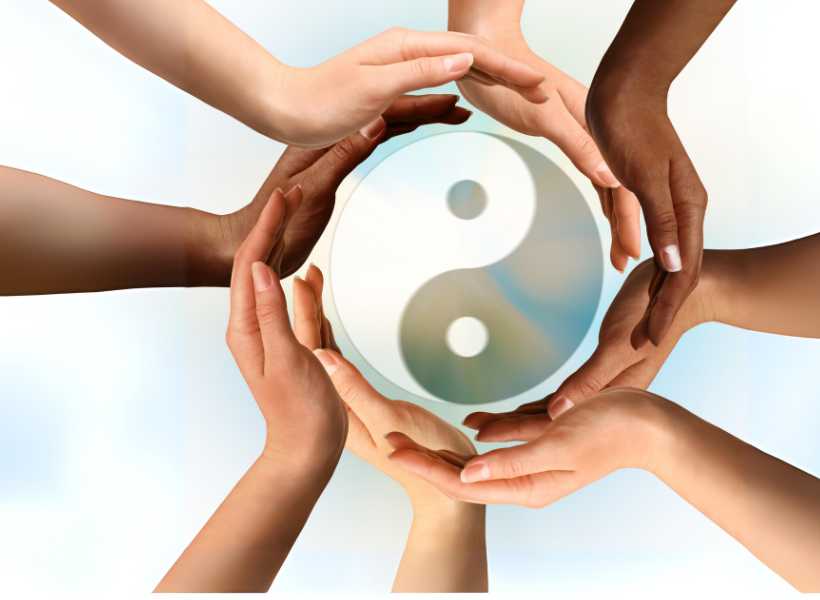
Yin, as the passive and receptive force in nature and the universe, expresses the feminine aspect of spirituality. In the practice of feng shui, yin represents the concept of balance.
The symbolism of yin includes the straight line, small circles, and small dots, which signify mental health, imbalance, and gratitude. Yin is often seen as the opposite of yang and encompasses the reign of darkness.
The Passive And Receptive Nature Of Yin
Yin is characterized by its passive and receptive nature, symbolizing darkness, the moon, winter, and the winter solstice.
It represents balance, feng shui, and meditation. Yin contracts can be symbolized by various elements such as a straight line, a small circle, small dots, and a broken line.
It is associated with pairs of equal opposites and encompasses the entirety of the universe. In ancient China, yin was dominant and linked to the idea of contradictory opposites.
How Yin Is Represented In Nature And The Universe?
Yin, in spirituality, is associated with qualities such as darkness, quietude, coolness, and introspection.
In nature, yin can be seen in the night, winter season, moon, water, and earth. It is represented by symbols such as the yin-yang symbol and is deeply aligned with the cycles of life and energy.
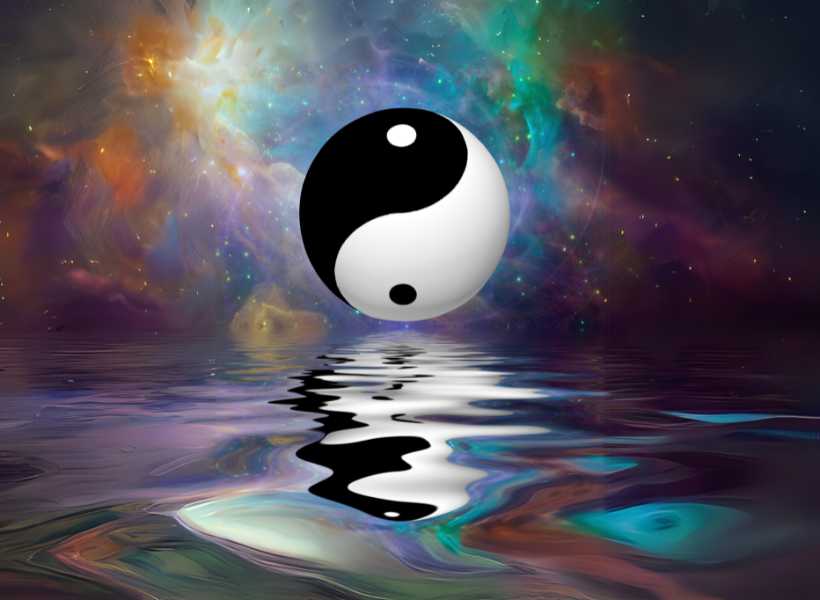
Discuss How Yin Is Linked To Various Aspects Of Chinese Life, Art, And Philosophy
Yin, a fundamental concept in Chinese philosophy, is connected to various aspects of Chinese life, art, and philosophy. From the famous philosopher Lao Tzu to the teachings of Confucius, Yin’s influence can be seen throughout history.
In Chinese culture, the summer solstice and festivals like the Mid-Autumn Festival celebrate the significance of Yin. In addition, Yin plays a crucial role in traditional Chinese medicine.
Where diagnosis and treatment are based on the principles of Yin and Yang. The cultural and symbolic representations of Yin in China exemplify its vital impact on Chinese society.
Mention Festivals And Traditions That Celebrate Yin, Like The Mid-Autumn Festival
The Mid-Autumn Festival is a significant celebration that highlights the concept of Yin in Chinese culture. This festival, which takes place during the summer solstice, is widely celebrated in China, Japan, and other East Asian countries.
It is a time when families gather to admire the bright full moon and enjoy delicious mooncakes. The festival represents harmony, abundance, and balance, all of which are key elements of Yin.
The teachings of ancient philosophers like Lao Tzu and Confucius further emphasize the importance of Yin in achieving spiritual balance.

The Significance Of Understanding Yin In Holistic Practices Such As Traditional Chinese Medicine
Understanding the significance of Yin in holistic practices, like Traditional Chinese Medicine (TCM), is crucial. TCM views the body as a reflection of the universe, where Yin and Yang represent opposing yet connected forces.
Yin, associated with darkness, femininity, and coldness, complements Yang’s qualities of light, masculinity, and warmth. By comprehending Yin’s role, TCM practitioners can diagnose and treat imbalances in the body to restore harmony and well-being.
These principles, dating back to ancient Chinese philosophy and influenced by great thinkers like Lao Tzu and Confucius, have been practiced for centuries. Even today, TCM remains an important part of healthcare in China and other parts of the world.
Touch On The Importance Of Diagnosis And Treatment Based On Yin-Yang Principles
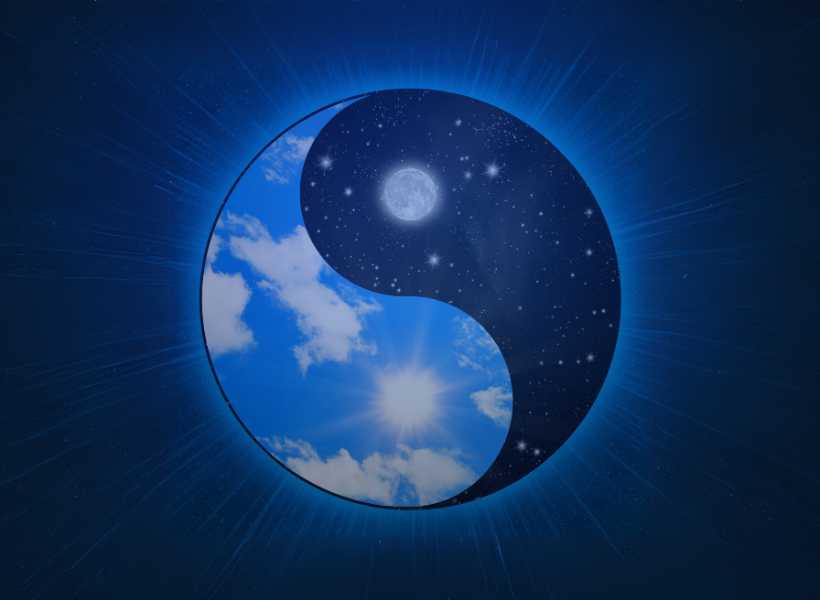
The diagnosis and treatment based on Yin-Yang principles hold great significance in integrated practices like Traditional Chinese Medicine. By understanding the balance between Yin and Yang energies, practitioners can effectively diagnose imbalances and provide appropriate treatments.
This ancient philosophy dates back to the 3rd century BCE and has been influenced by prominent figures like Lao Tzu and Confucius. In Japan, Yin and Yang are also celebrated during the summer times.
FAQ About What Does Yin Represent
What Did The Yin Represent?
In spirituality, the concept of Yin represents receptive and passive energy. It symbolizes qualities like intuition, nurturing, and empathy. Yin is associated with the moon, darkness, and introspection. In Taoism, Yin and Yang are two complementary forces that balance each other out.
What Energy Does Yin Represent?
Yin represents the energy of femininity, darkness, and coldness. It is associated with the moon, water, and earth elements. Yin energy promotes rest and relaxation, being passive and self-analysing. Balancing yin and yang energies is crucial for overall well-being.
Is Yin Positive Or Negative?
Yin is neither positive nor negative but represents the passive and feminine aspects of existence. In traditional Chinese philosophy, it is often associated with darkness and coldness. However, in modern times spirituality, yin is celebrated for its calming and nurturing qualities as a necessary balance to yang.
What Is A Yin Personality?
A Yin personality prioritizes emotional and spiritual growth over material possessions or worldly success. Understanding the Yin-Yang balance within oneself promotes overall well-being and personal growth.
Final Thought 💭
What does Yin represent, understanding the concept of Yin is important in spirituality. Yin represents feminine energy and serves as a counterpart to Yang. In Chinese culture, Yin is widely celebrated and represented in various aspects of life, art, and philosophy.
It is also deeply established exploring the spiritual meaning of Yin allows us to appreciate the similarity and balance it brings to our lives.
By grabbing Yin’s qualities and characteristics, such as compassion, we can cultivate a deeper understanding of ourselves and the world around us.
Recognizing and honoring the essence of Yin enriches our spiritual journey and enables us to live in alignment with the natural forces of the universe.
Enhance Your Soul Spiritually By Reading More Articles Below

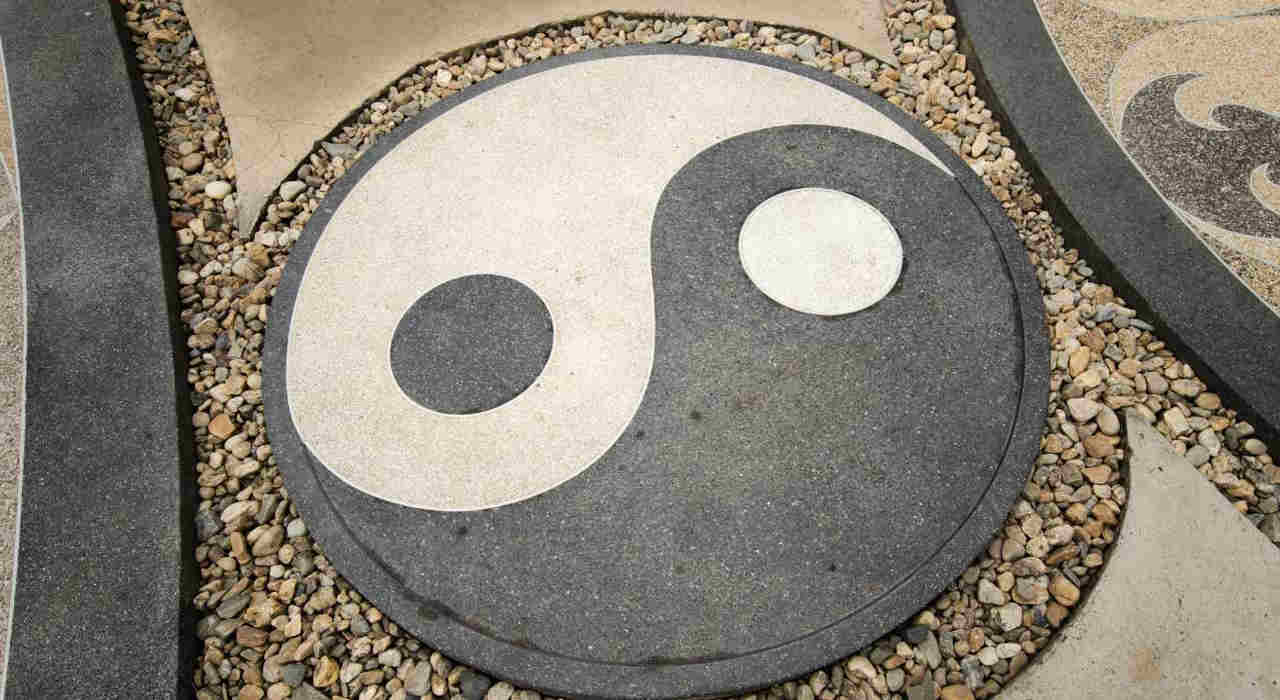



















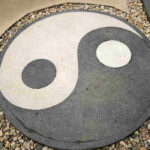











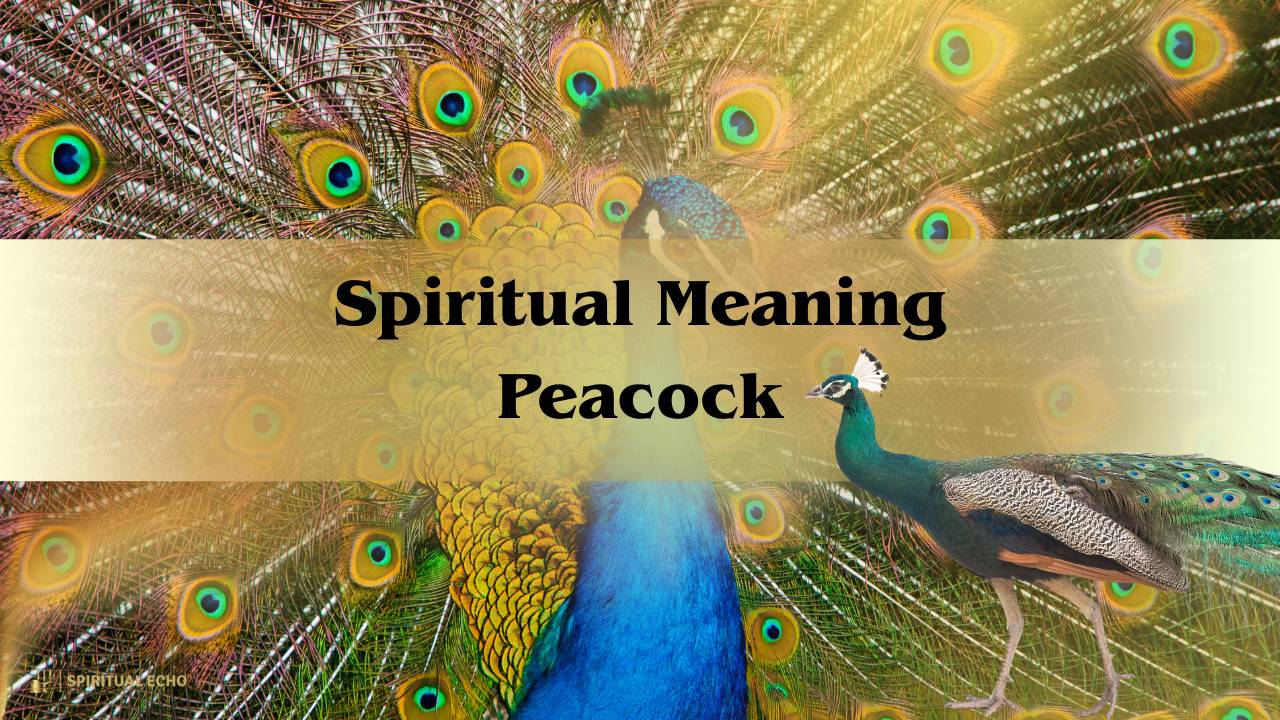
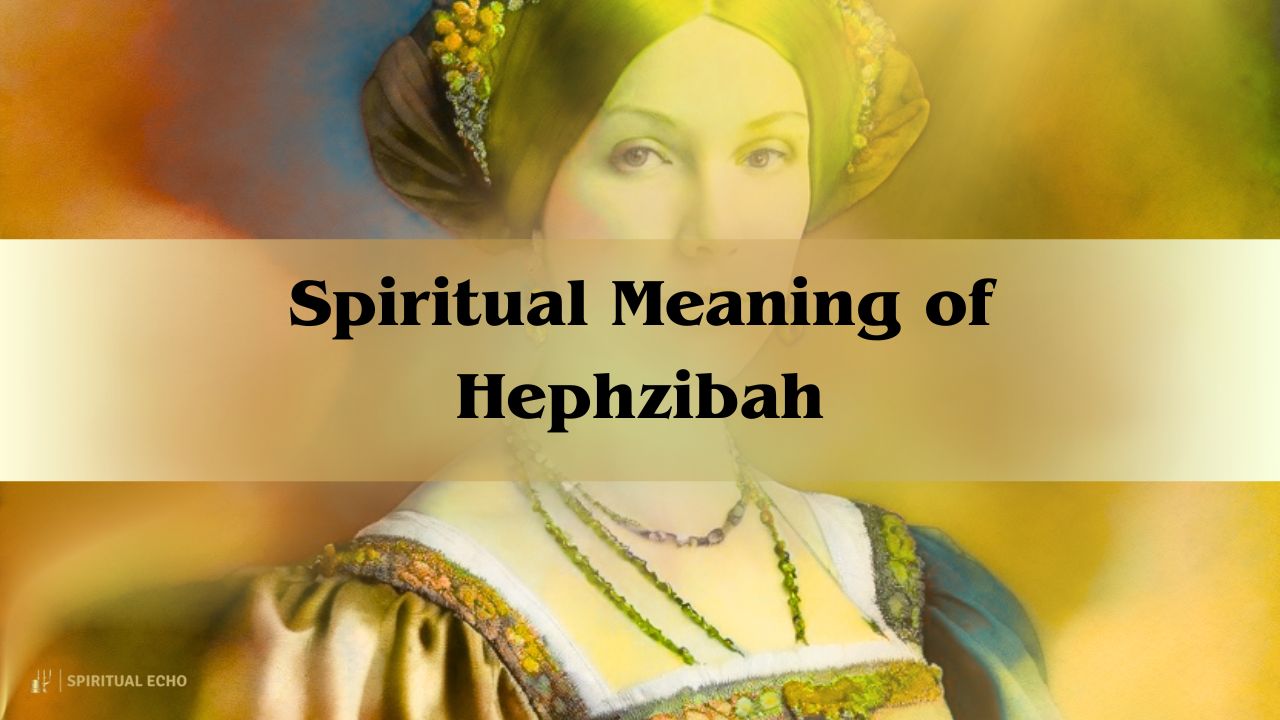
Leave a Reply